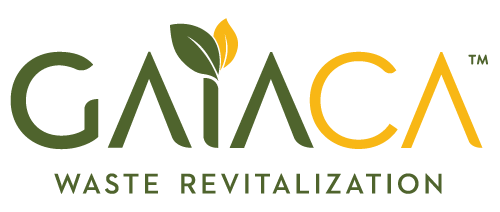Any materials that meet the characteristics of ignitability, corrosivity, reactivity, or toxicity must be disposed of compliantly as hazardous waste. For cannabis operators these waste streams may be: flammable solvents like ethanol, isopropyl alcohol, and butane used for extraction or cleaning. Flammable solids – any rags or disposables that come in contact with solvents must be disposed of as hazardous waste, and aqueous corrosives from licensed Testing Labs.
- Preparation of a comprehensive Hazardous Waste Management Plan (HWMP) and drafting of Standard Operating Procedures detailing proper accumulation (main vs satellite), characterizing, handling, containers, storage, profiling, labelling, documentation, training, recordkeeping, reporting, and disposal of cannabis-related hazardous and universal waste.
- Provide lockable, properly UN-rated, DOT-approved containers for hazardous and/or universal waste accumulation. Containers range from 55-gallon polyethylene drums to 5-gallon battery receptacles, to 4-foot cardboard lightbulb boxes.
- Provide ancillary items such as container liners, waste labels, placards, dollies, secondary containment, hand tools, etc.
- Subscription-based, routine, onsite waste management services. On-call and A La Carte (one-time) services are also available.
- GAIACA Compliance Certification Program; Clients issued our Certificate of Compliance (COC) demonstrating compliance with Local, State, and Federal Waste Regulations.
- Onsite consulting services include initial and/or annual site assessments with waste evaluation. Services include Environmental Health & Safety (EH&S) inspections, pre-OSHA audits, hazardous analysis and critical control point (HAACP), waste stream identification, characterization, and profiling, and waste management program development.
- Creation and management of hazardous waste profiles with designated treatment storage and disposal facility (TSDF).
- Assistance with Department of Toxic Substance Control (DTSC), Environmental Protection Agency (EPA), and local Certified Unified Program Agency (CUPA) registration and ongoing reporting. Including registration with the DTSC as a hazardous waste generator and obtaining an EPA Identification Number.
- Drafting of Hazardous Materials Business Plan (HMBP), meeting local, State, and Federal Regulations for storage of hazardous materials over reportable quantity.
- Hazardous waste collection via licensed and trained technicians.
- Hazardous wastes include, but are not limited to, flammable liquids, flammable solids, aqueous corrosives, mixed corrosives, biotechnology, process liquids, manufacturing fluids, manufacturing solids, equipment cleanout, lab debris, and wastewater. Universal wastes include, but are not limited to, batteries, disposable vaporizer pens with internal lithium-ion batteries, lightbulbs, high intensity discharge (HID) lamps, and ballasts.
- Hazardous waste transport to TSDF for final disposal.
- Documentation of services via Uniform Hazardous Waste Manifest to satisfy cradle-to-grave tracking requirements.


